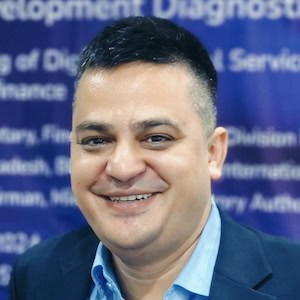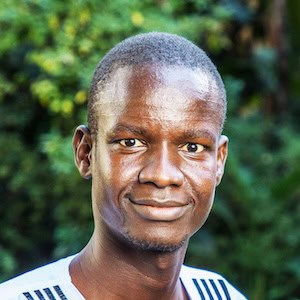-
NexThought Monday 12/16/13: Is India looking at financial inclusion backwards?
Despite the huge potential of solutions like mobile finance and branchless banking, the growth of these services in India has been slow and patchy. But the country’s mobile banking agenda has been driven largely by government-to-person social welfare payments, compelling service providers to start with the toughest market sub-segment – poor rural households. Should India invert its approach and target business segments first?
- Categories
- Uncategorized
-
Weekly Roundup – 12/14/13: LeapFrog Investments’ sale of microinsurer to Prudential might one of biggest exits in impact investing
Impact investor LeapFrog Investments announced this week that it had sold its equity stake in Ghanaian insurer Express Life to Prudential PLC, one of the world’s biggest insurance companies. Express Life sells micro-insurance and savings products to 730,000 mostly first-time buyers. For investors seeking a high-potential and highly scalable company that sells affordable goods and services to low-income people, this deal is one to bookmark.
- Categories
- Uncategorized
- Tags
- impact investing
-
Reversing ‘Diabesity’: Jana Care using new weapons to tackle diabetes and obesity
A team of engineers piggybacks on the recent spread of mobile phones and the Internet in India to educate patients as well as to change their unhealthy behaviors in a way they hope is scalable and cost-effective.
- Categories
- Health Care, Technology
-
Why Mobile Wallets Won’t Work in India… Yet: The need is there, but obstacles remain
India has more competing mobile network operators than any other country, and it’s one of the largest and fastest growing mobile markets in the world. It’s also one of the most problematic countries for financial inclusion, with half the population lacking access to formal banking services. Mobile banking seems like an obvious solution, but as Ritesh Dhawan of MicroSave explains, implementing that solution is not so simple.
- Categories
- Uncategorized
-
Focusing on the Next Generation: An exploration of enterprise impacts on child poverty
Traditional interventions to reduce poverty during early childhood are not enough. Given the magnitude of the challenge and the limitations of existing approaches, BoP enterprises have the potential to positively affect early childhood development. However, our understanding of the impact BoP ventures actually have on the lives of children remains vague, and ultimately limits their ability to improve the lives of at-risk children.
- Categories
- Education, Impact Assessment
-
Beyond Technology: Five ways to support water irrigation in Sub Saharan Africa
Despite the growing demand for irrigation technology, the International Water Management Institute found that farmers still face significant barriers to groundwater irrigation success, particularly in Sub Saharan Africa. This is why the relatively low cost treadle pump grew in popularity, but it’s not the only solution.
- Categories
- Agriculture
-
Success at Scale: How CARD Bank activated 480,000 poor savers in the Philippines
Grameen Foundation recently completed an innovative 4-year project with CARD Bank in the Philippines. Their goal: to provide access to secure, accessible and convenient savings accounts targeted to the poor. Julie Peachey describes how Grameen helped the bank open 480,000 new active savings accounts and create the infrastructure for implementation of mobile financial services, while helping its partner ensure sustainability.
- Categories
- Uncategorized
-
‘Vanity is Not Monopolized By the Rich’: VisionSpring’s innovative way to sell eyeglasses proving to be sustainable; a Q&A with COO Peter Eliassen
Through a hub-and-spoke business model, middle-income customers are subsidizing company’s work with BoP consumers. And it’s proving to be sustainable.
- Categories
- Environment, Health Care, Social Enterprise
- Tags
- supply chains










